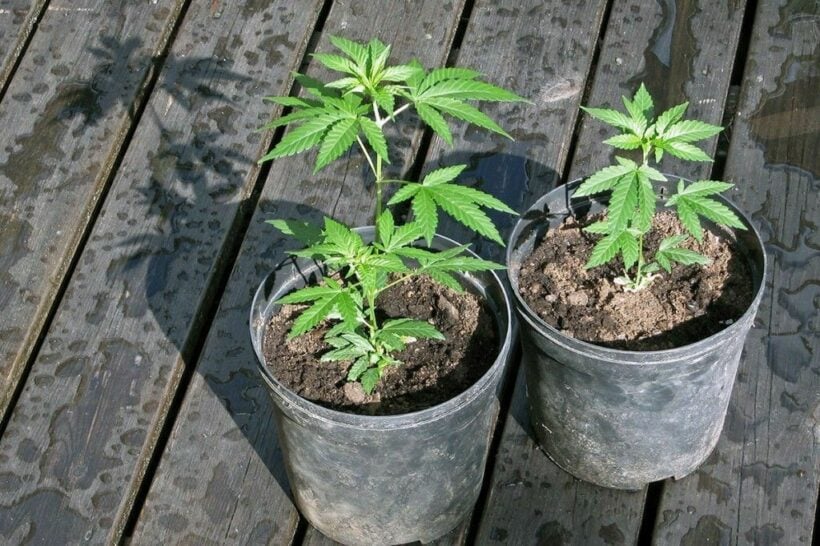UN to take high ground on Thailand’s decision to delist cannabis

The United Nations is likely to take the high ground following Thailand’s controversial decision to delist cannabis, says an adviser to the UN’s International Narcotics Control Board.
Thai-born Viroj Sumyai, who served as president of the UN’s INCB from 2017 to 2018, says Thailand will have to answer to the UN, and added that if it decides the bill violates the 1961 Convention on narcotic drugs, the government will be required to take corrective steps.
“If those steps aren’t implemented, the INCB will ask for a resolution from the general assembly. If it is found the country’s growing areas will lead to an illicit drug trade, it will make an announcement before the Economic and Social Council. And the rest of the world will learn from an annual report that we violate the treaty.”
Viroj says the next step will involve the enforcement of regulations on medicines that are covered by the drug treaty, particularly those with codeine as an ingredient. As a result, the country must apply to use these medicines and provide estimates of anticipated consumption.
“I believe several international bodies including the United Nations Office on Drugs and Crime are keeping a close watch on our cannabis policy.”
The Narcotics Control Board admitted there are concerns about impacts from the delisting because Thailand is a signatory of the 1961 treaty on narcotic drugs, which classifies cannabis as a narcotic but permits its use under supervised medical conditions.
Even though the legalisation is for medical and research purposes, an associated bill on hemp and cannabis has yet to be passed into law. Flowers and buds have high THC (tetrahydrocannabinol) and must be classified as narcotic drugs.
The NCB says under the bill, flowers and buds will be regulated. But because the bill is not passed into law yet, the Foreign Ministry has some concerns when it has to explain the issue to INCB and ASEAN countries. There is also a question about how to prevent an influx of cannabis from neighbouring countries and the possible impacts of Thailand’s cannabis policy on its neighbours.
The NCB added there is no clarity concerning sales and possession. As for consumption, even though the cannabis policy doesn’t allow recreational use, the bill seems to allow it.
“Currently we don’t have a law on cannabis use either, so we rely on public health rules. Under the new law, sales of cannabis to young people will be prohibited, so what can be done for the time being is to warn and educate people about proper use.”
SOURCE Bangkok Post
Latest Thailand News
Follow The Thaiger on Google News:


























